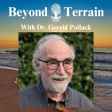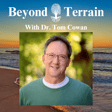![DNA Doesn't Exist & Genomic Nonsense with Dr. Jerneja Tomsic [Part 2] image](https://media.zencastr.com/cdn-cgi/image/width=54,quality=85/image-files/652933f3a749dc383eb375de/ce5a5fd9-98c9-44fe-9b4b-3d0cd5abcf29.png)
DNA Doesn't Exist & Genomic Nonsense with Dr. Jerneja Tomsic [Part 2]
Join The Beyond Terrain Community for free:
Links:
In this episode, Dr. Jerneja Tomsic joins us to unravel the myths and misconceptions surrounding the genetic code, RNA, and gene editing.
We begin by questioning the very foundation of modern biology—the so-called genetic code—and explore how much of what we believe is built on assumptions, models, and indirect inferences rather than direct observation.
The conversation moves into the world of RNA, exposing the exaggerated claims about its role and supposed “superpowers” in diagnostics, vaccines, and cellular control.
We then dive into paternity testing, forensic genetics, and heredity, raising serious questions about their reliability, interpretation, and the circular logic often used in these fields.
Finally, we tackle the boldest claim of all: gene editing. We discuss GMO foods, to the GMO babies in china, revealing gene editing is more fantasy than science.
A powerful and eye-opening episode that invites critical thinking and reclaims clarity in a field clouded by hype and narrative.
Keep up with me (socials)
https://www.instagram.com/beyond.terrain/
Our vision at Beyond Terrain is greatly supported by sharing our work!
Become a Founding Member in the community!
https://beyond-terrain.circle.so/checkout/founding-member
Learn more from and support our esteemed guest, Dr. Tomsic
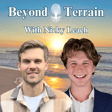
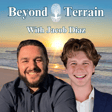
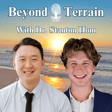
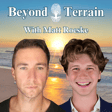

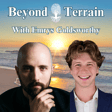
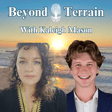
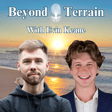
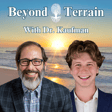


![DNA Does NOT Exist? with Dr. Jerneja Tomsic [Part 1] image](https://media.zencastr.com/cdn-cgi/image/width=112,quality=85/image-files/652933f3a749dc383eb375de/ce5a5fd9-98c9-44fe-9b4b-3d0cd5abcf29.png)


